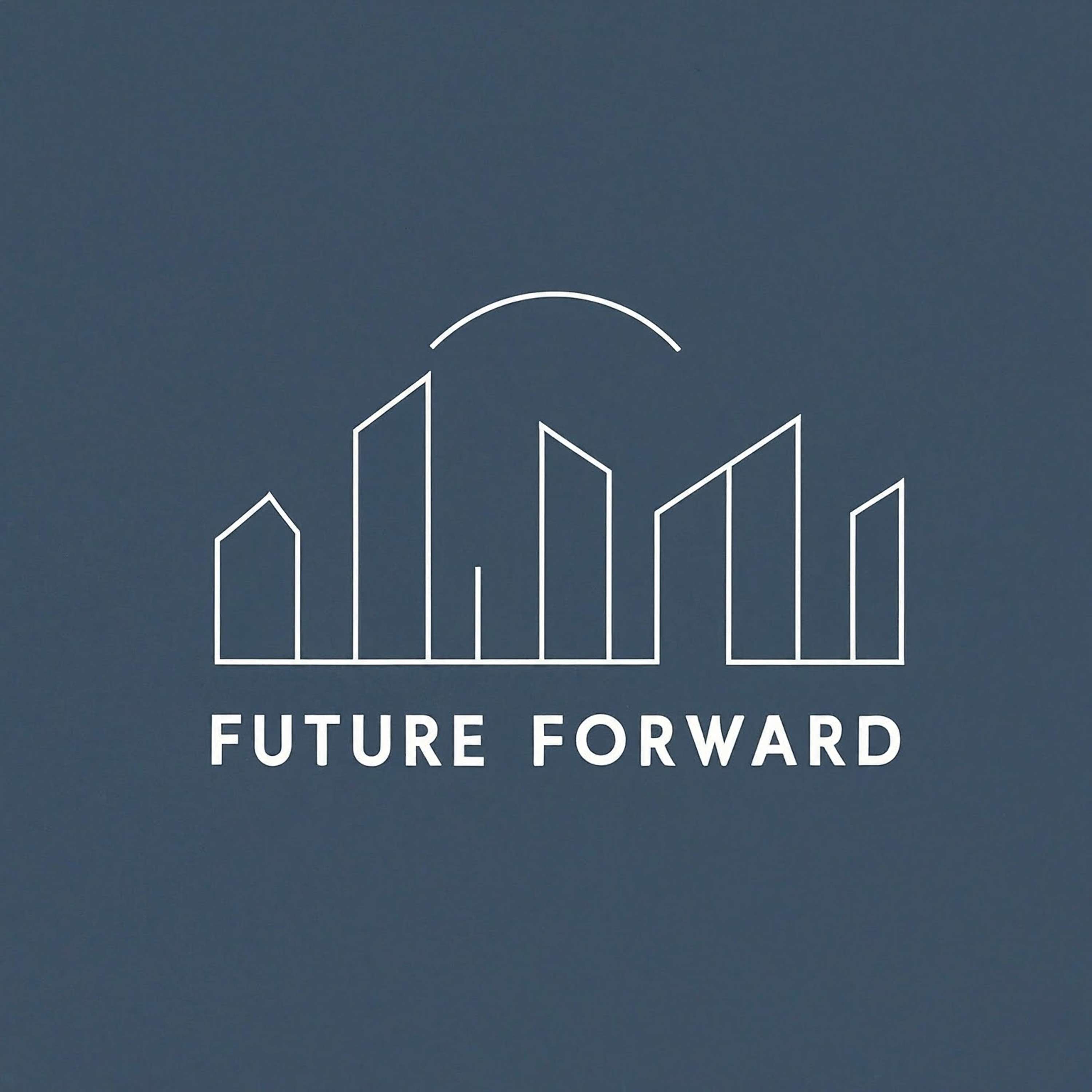In this episode of Future Forward, Seyi and Reza explore the concept of the 15-minute city, discussing its historical context, the impact of urban planning on community, and the importance of social equity in urban development. They highlight the challenges of implementing such cities and emphasize the need for strategic foresight in designing future urban environments that prioritize human scale and accessibility.
takeaways
- The 15-minute city concept aims to make essential services accessible within a short walk or bike ride.
- Historical urban designs were centered around human scale, promoting walkability and community interaction.
- The rise of the automobile has negatively impacted urban planning, leading to car-centric cities.
- Urban density is directly linked to energy consumption and sustainability.
- Social equity must be a priority in urban development to avoid creating exclusive neighborhoods.
- Governance in cities should involve community participation to ensure inclusive planning.
- The future of urban design should learn from historical practices that prioritized human needs.
- Implementing 15-minute cities requires addressing existing inequalities in urban areas.
- The design of cities impacts the emotional and physical well-being of residents.
- Creating vibrant communities involves considering the daily lives of families and their access to essential services.
titles
- Reimagining Urban Living: The 15-Minute City
- From History to Future: Urban Design Evolution
Sound Bites
- "What is a 15-minute city?"
- "Think about your city and its redesign."
- "This is a light of hope for the future."
Chapters
00:00
Introduction to Future Forward and 15-Minute Cities
02:06
Historical Context of Urban Design
09:01
The Impact of the Industrial Revolution on Cities
16:37
The 15-Minute City Concept and Its Benefits
23:39
Challenges and Implementation of 15-Minute Cities
29:25
Strategic Foresight for Future Urban Planning
